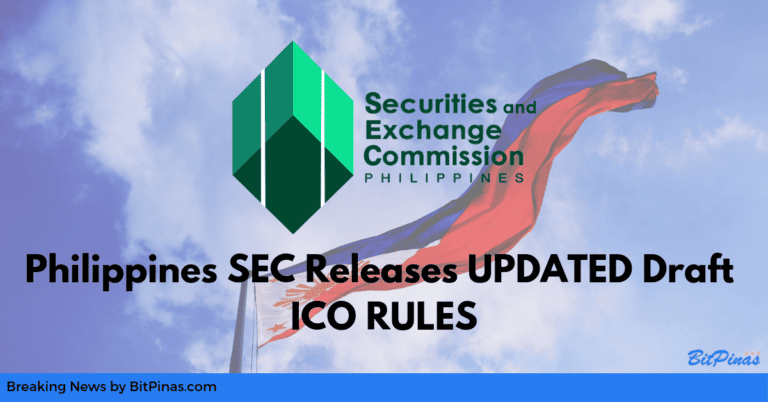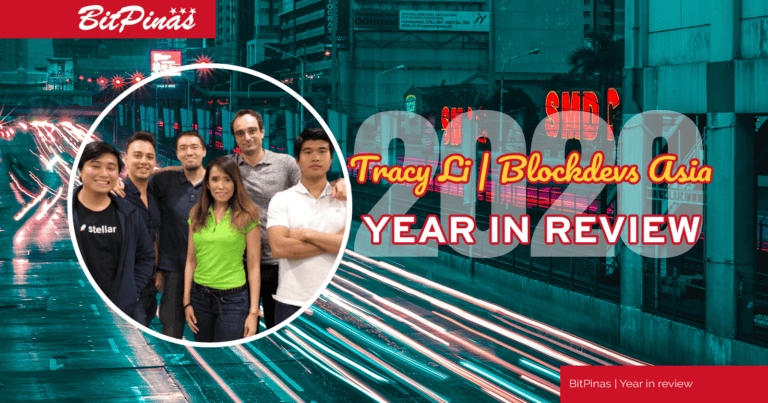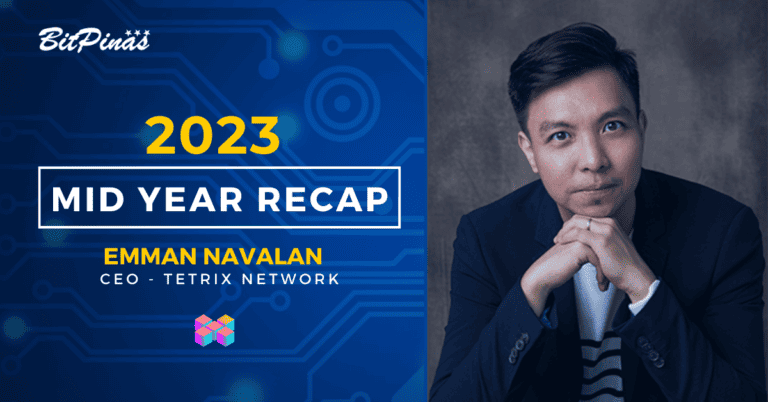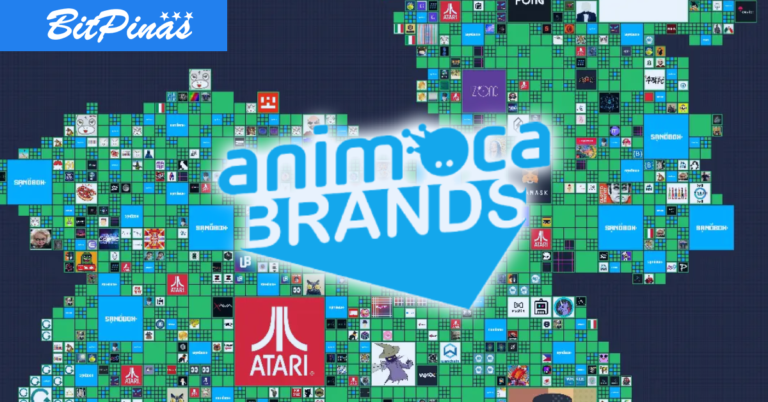Blockchain and Digital Identities on Inclusive Economies
By granting identity, we are not only dispelling their invisibility, but are also granting economic identity.
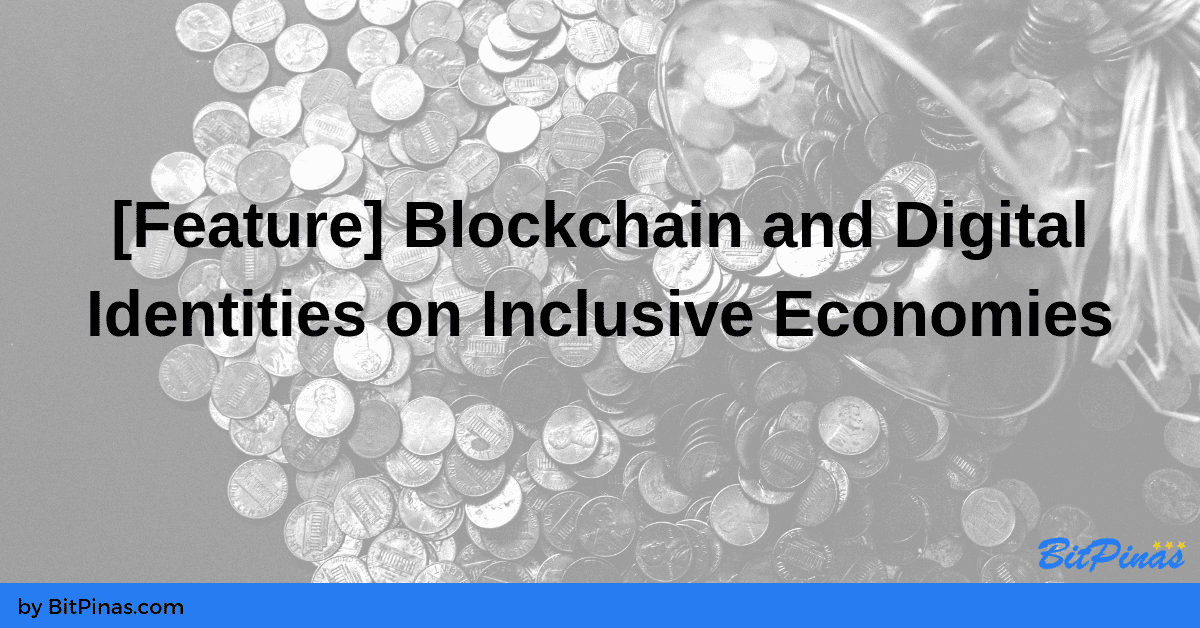
This article is contributed by Mr. Randy Knutson of DynaQuest.
As economies are fueled by momentum, new laws don’t always work with the overall business interest of the community and its industries. Like the business community, the Filipino people are also eager to see the fruition of their votes. Within each vote, it carries the hope and trust encapsulated into the ballot box.
Voting Matters
Each vote counts and the leaders we elect today, will also help influence the development of technology. The Philippines has benefited immensely from the tech companies that have since invested in offshore operations in the country. Giants such as Microsoft, IBM, among others, have helped raise the bar of the technology being imported, nurtured and developed in the country. The result is a booming IT-BPO industry where Filipinos are recognized for their soft-skills, technical skills and support skills across the departments of development, administration and management in the tech industry.
As we are moving to the 2020 decade, emerging technology will sprout up and the nation has a chance to pivot its way as a destination for all things Blockchain, Digital Currencies, Artificial Intelligence and the Internet of Things.
When voting, principle and character matter first and foremost. Second are the ideal leadership qualities, the skills and the awareness of the changing times. These traits round off an ideal leader that will address today’s issue and the challenges of tomorrow.
The Individual as an Economy
The individual is the most basic unit of society. The election of public officials is a result of individual votes being tallied as a culmination of the democratic system of vote. The macro economy is influenced by the metric weight of all individual purchases and consumption.
In Blockchain’s decentralized economies, the core focus will be the individual and their imprinted digital identity. The individual will be the centerpiece of the converging digital economies. The individual will choose which economies they will transact, be part of and define the economy that they will build for themselves.
For example, a young working professional will have his or her digital identity as the key that he or she will entrust to the government to act as his or her personal identification. Next, the young professional can use their digital identity to partake under the economies that are aligned with their hobbies or past time:
- Online shopping powered by digital identity
- Digital Wallets powered by digital identity
- Digital banking powered by digital identity
- Online gaming and tokens powered by digital identity
- Charity and non-profits powered by digital identity
- Career certification and learning powered by digital identity
- Microfinance and loans powered by digital identity
- Peer to peer live money transfer powered by digital identity
Micro-Economies Powered by Digital Identities
I have lived in the Philippines for over two decades and from that experience, the basic store that all Filipinos transact with is the “Sari-Sari Store”, a home-based store selling goods that you would commonly found in convenience stores. The sari-sari store is a local economy by itself and it impacts the logistics, food and distribution of its local communities. In fact, alcohol and soda bottling plants rely on the thousands of sari-sari stores as part of their commercial success based on logistic distribution.
In a country whose population is around 109 Million and counting, the number of unbanked people is astonishing. Part of the reason is because of the generational poverty that many have born into. The most vulnerable are the households that live on below the daily income bracket of $2.00 USD or 100 Philippine Peso in equivalence. When one is in the state of poverty, the opportunities to avail of banking – or any form of financial literacy based on credit, loans, savings among others become out of reach. The lack of identities, financial capability to maintain a savings account becomes a question.
When the need for cash to spend arises amongst the poor, most would approach local lenders with high interest rate – that often result in further being lowered into a state of perpetual debt. Most would fall prey to loan sharks with predatory schemes when it comes to debt repayment.
Over the years, legitimate credit agencies that are classified under Non-Government Organizations and government-backed microfinance credit companies have tried to combat loan shark influences with their micro-lending programs based on micro-enterprises. With the emergence of Blockchain, keeping track of all micro-finance loans will be augmented with optimal operating conditions.
This will allow small loan agencies to operate with a substantial lower cost and be able to keep track of all transactions based on Blockchain being powered by digital identities with the ability to process transactions with non-asynchronous, free-flowing information design.
The archetype of Blockchain’s commercial benefits will further benefit from the effectivity of a micro-finance program:
- Being able to keep track of progress of each debtor.
- The availability of information particular for each debt allows the creation of more incentive programs.
- Track milestones and progress that can be used as a measuring threshold for an ideal outcome
- The virtue of transparency when it comes to debt repayment
- Transparency fosters trust and can melt the influence of local loan sharks
Empowering individuals whether it is by program or technology or by the potential of their own possible merit are key ingredients in further developing the innate potential of the Filipino people. A wise man once told me that the Filipino’s greatest treasure is the Filipino people itself — that embodies the spirit of “Bayanihan” and that potential resides in the 100+ million-strong population.
By granting identity, we are not only dispelling their invisibility, but are also granting economic identity. The term economic identity refers to the residual granting of financial capabilities that enable the once impoverished to afford basic necessities. When day to day necessities are met, programs under economic identity can start building up the mode of which to raise and sustain the livelihood of the poor. Economic identity is empowerment to develop the economic participation of a person, communities and marginalized groups. When a collective is empowered, their collective weight towards economic participation can further expand the growth of industries.
This article first appeared on BitPinas: Blockchain and Digital Identities on Inclusive Economies
